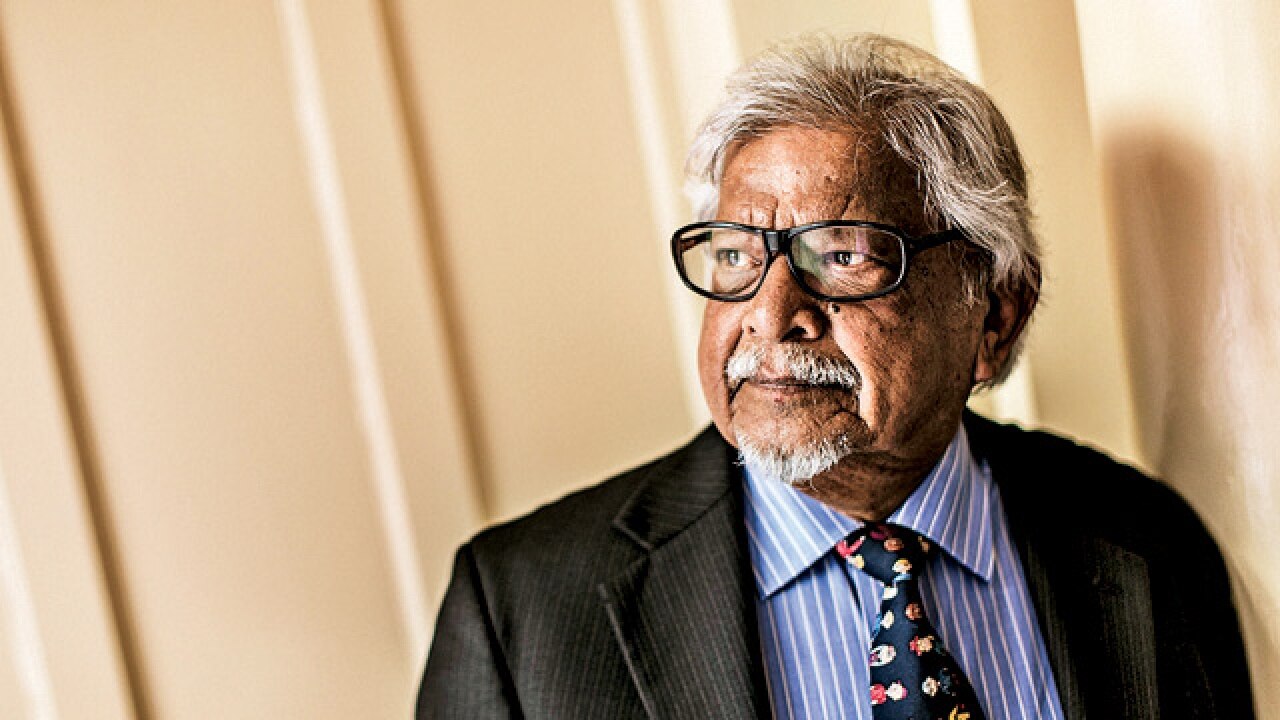
Arun Gandhi is the son of Manilal, Mahatma Gandhi's second son who stayed back in South Africa to carry on his father's work there. Arun, who grew up at Phoenix Farms set up by his grandfather near Natal in SA, now lives in Rochester, New York, the US. The 83-year-old now lectures frequently on the lessons from his grandfather, on Gandhi and his philosophy. Edited excerpts from an email interview with Gargi Gupta:
Edited excerpts...
When I lived with Gandhiji between the ages of 12 and 14 (1945-47), I was very angry because of the humiliation I suffered in South Africa where colour prejudice was the order of the day. I was beaten by whites because they thought I was too black and by blacks because they thought I was too white. I wanted eye for an eye justice. This is why I was left with grandfather so that he could teach me some life transforming lessons. He said anger is like electricity. It is just as powerful and useful if it is used intelligently but just as deadly and destructive if abused. So we must learn to use anger intelligently for the good of humanity instead of abusing it and causing violence.
My father volunteered to stay in South Africa to continue the work that Bapuji started. But we came to India every three-four years to reconnect with family.
Like I said, Gandhiji was always angry but he never abused his anger. Instead, he used the power of anger to bring about change. Gandhiji was very angry with the caste system but he did not rant and rave about it because that does not lead to change. Instead he launched programs to teach people through his life that caste is evil and must be eradicated.
Historically, we have killed people who have sought change and then worship them. If alive today, Gandhiji would say: People will follow me in life, worship me in death but not make my cause their cause. This is true in every religion and every country.
My father was influenced by Gandhiji's philosophy and dedicated his life to working in South Africa. He could have come back to India and led a normal life. However, we have to look at his life in context. Gandhiji himself was continuously evolving his philosophy. The philosophy was so nascent and bereft of precedence that it was through trial and error that Gandhiji kept progressing. For my father to work under the shadow of his father had to be very difficult.